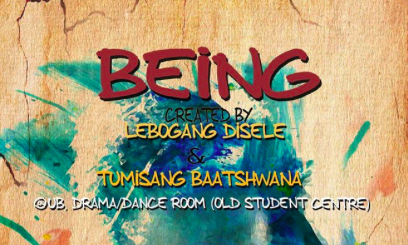Given that Performing the World was launched in 2001 by the East Side Institute for Group and Short Term Psychotherapy, where social therapy was developed, it’s no surprise that em otional development and performance has been a continuous thread in all PTWs, and 2016 is no exception.
otional development and performance has been a continuous thread in all PTWs, and 2016 is no exception.
Social therapy will be featured front and center in a live performance of a social therapy group. Christine LaCerva, director of the Social Therapy Group in New York City, USA, and Barbara Silverman, whose practice includes leading online international social therapy groups, will bring their clients together on stage at PTW, for a session that will focus on “embracing the power of group performance.”

Joan Hock, the Cultural Arts Coordinator for the Alzheimer’s Association of Greater Cincinnati, in Ohio, USA will be joining Dr. Susan Massad and Mary Fridley of the East Side Institute in New York City, USA to lead a workshop, “Can We Create a New Performance of Dementia?” They will look at the role of arts-based activities in helping people with dementia, and those impacted by it, to continue to grow and develop. Also investigating the subjectivity of dementia, Mayra Stergiou’s, a physical theatre performer and puppeteer from London, England will be presenting a puppet performance “Performing Dementia” which explores, “the inner reality of a person living with dementia.”

Lebogang Disele, currently pursuing her doctorate at the University of Alberta in Edmonton, Alberta Canada explores the lived experience of womanhood in Botswana. Her presentation reflects on the process and outcome of a devised performance, Being, which explores the effects of mental health on women empowerment, and uses acting techniques to teach women and other marginalized groups to equip them to better handle difficult situations.

In “Performing a Performance of a Performance” Jared French, a counseling psychologist at Western University in London, Ontario, Canada, will lead participants in performing excerpts from actual family therapy sessions to demonstrate how therapy can be used to create conditions for people to, “engage in performances that are beyond themselves and further create who they are becoming.”
Our next newsletter will look at the interplay between education and performance at Performing the World 2016.
